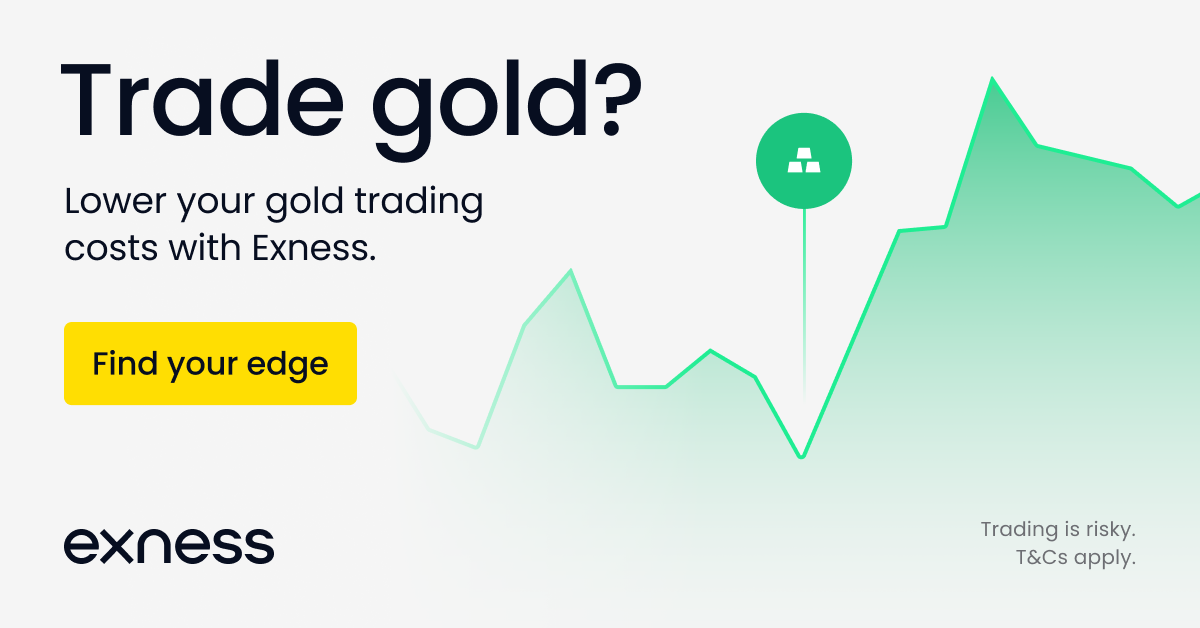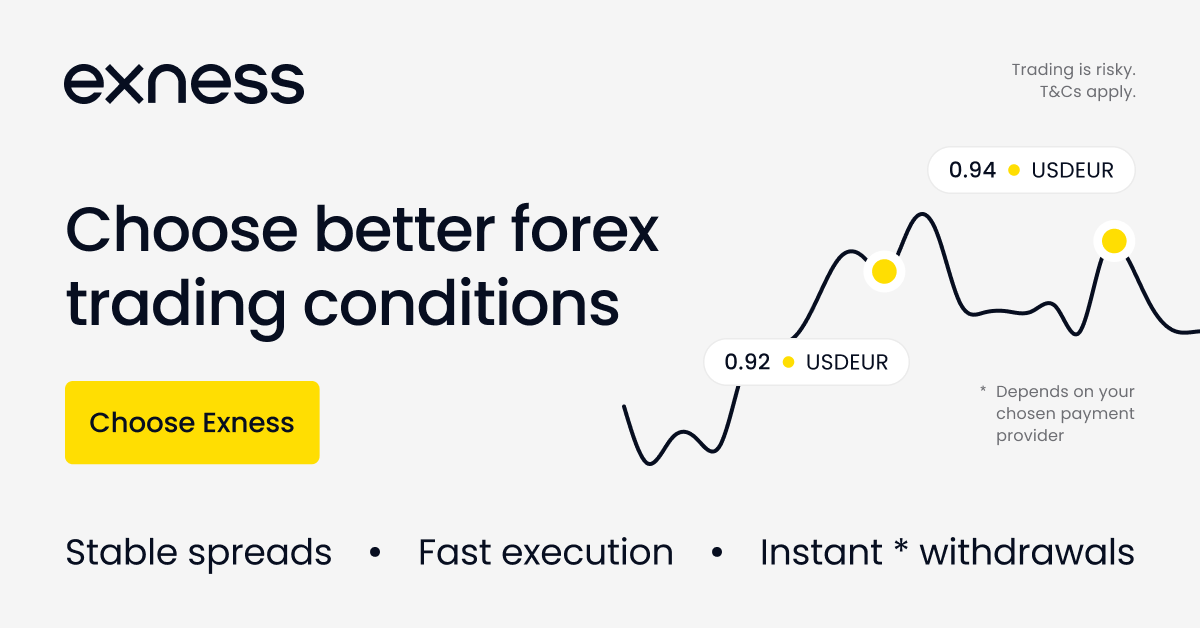Regulation of forex trading platforms refers to the oversight and supervision of forex trading platforms to protect investors' interests, maintain market order, and mitigate financial risks. Different countries and regions have different forex market regulatory bodies. In this article, we will discuss the importance of forex market regulation and some of the commonly known regulatory bodies.
Forex market regulation is crucial for ensuring the integrity and stability of the forex market. Regulatory bodies impose rules and regulations on forex trading platforms to prevent fraud, manipulation, and abusive practices. They also require forex brokers to adhere to certain standards of conduct and provide investors with transparency and protection.
Some of the commonly known forex market regulatory bodies include the Commodity Futures Trading Commission (CFTC) in the United States, the Financial Conduct Authority (FCA) in the United Kingdom, the Australian Securities and Investments Commission (ASIC) in Australia, and the European Securities and Markets Authority (ESMA) in Europe. These regulatory bodies oversee forex trading platforms in their respective jurisdictions and enforce compliance with regulatory requirements.
Investors should prioritize using regulated forex trading platforms to ensure the safety and security of their funds. Regulated platforms provide investors with peace of mind knowing that they are operating under the supervision of a reputable regulatory authority and are required to comply with strict regulatory standards.
Forex market regulation plays a vital role in safeguarding investors' interests and maintaining market integrity. By choosing regulated forex trading platforms, investors can trade with confidence and trust, knowing that their funds are protected and their rights are upheld by regulatory authorities.









